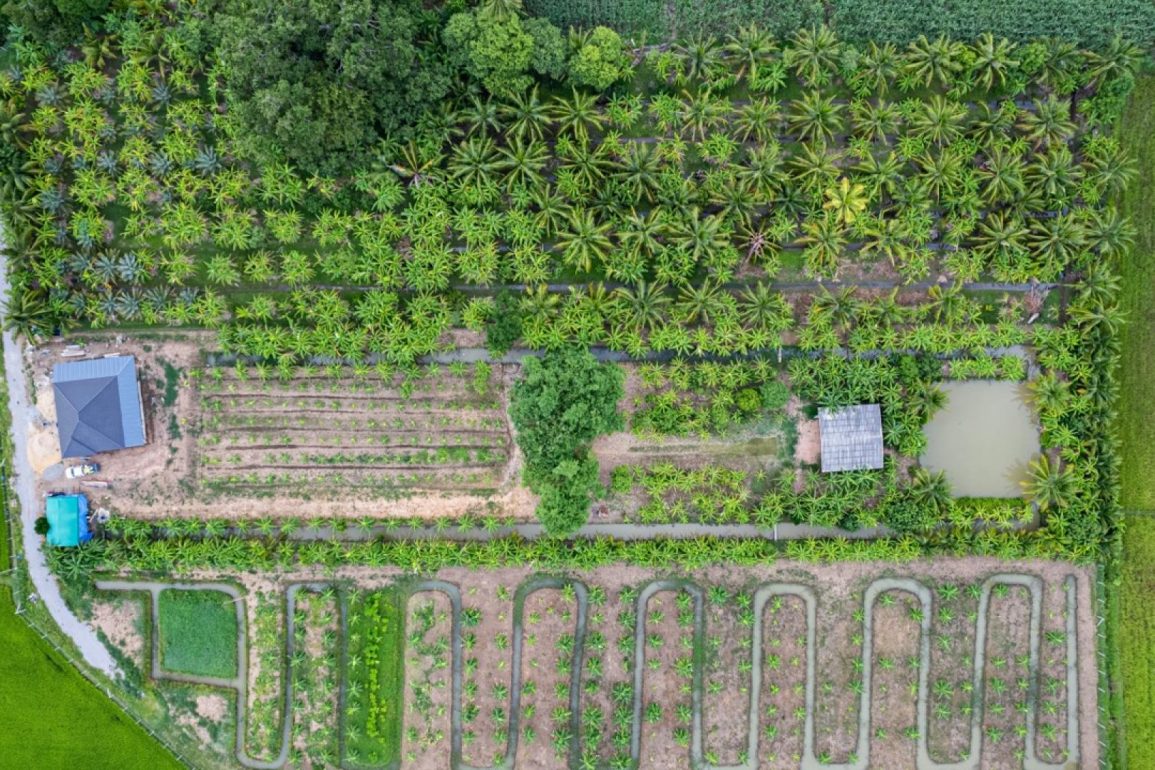A major report from the Intergovernmental Platform on Biodiversity and Ecosystem Services (IPBES) warns that climate change, nature loss, and food insecurity are deeply interconnected issues that cannot be tackled in isolation. The review found that governments are often overlooking or underestimating the connections between key areas like biodiversity, water, food, health, and climate change. This “siloed” approach has led to unintended consequences, such as biodiversity damage from tree-planting programs and pollution from food production activities, which exacerbate environmental and social challenges.
The IPBES emphasizes the critical importance of understanding the interdependencies among these areas in order to address global crises. Paula Harrison, co-chair of the report, highlighted that current governance systems are fragmented, with different departments working in silos without considering the broader connections. This lack of holistic thinking results in policies that can cause harm to the environment and human health. The report proposes over 70 solutions to tackle these issues in an integrated manner, many of which are low-cost and practical.

One example of successful integrated problem-solving is from rural Senegal, where a combined approach to tackling water pollution and controlling invasive plant species reduced the spread of bilharzia, a parasitic disease that affects over 200 million people. By addressing both the health and environmental factors together, the initiative led to improvements in both public health and biodiversity. The report also emphasizes that decision-making has often focused on short-term financial gains, ignoring the long-term costs to nature, which are estimated at $10 to $25 trillion per year.
The assessment also points out that more than half of the world’s population, particularly in developing countries, lives in areas impacted by declines in biodiversity, water, and food security. Biodiversity is rapidly declining worldwide, largely due to human activities, with significant consequences for food security, water availability, health, and resilience to climate change. The report warns that delaying action will only increase costs and make policy goals harder to achieve. For example, failing to address biodiversity loss promptly could lead to higher costs and a greater risk of species extinctions.
Looking ahead to the future, the report stresses that continuing with “business as usual” will have disastrous consequences for biodiversity, water quality, and human health. Focusing solely on one issue, like climate change, without considering its impact on other areas, will likely worsen conditions in other sectors. However, the report also outlines optimistic scenarios where positive outcomes for both people and nature are possible. These scenarios involve a focus on sustainable production, ecosystem conservation, pollution reduction, and climate change mitigation, which can provide co-benefits across all interconnected areas.

